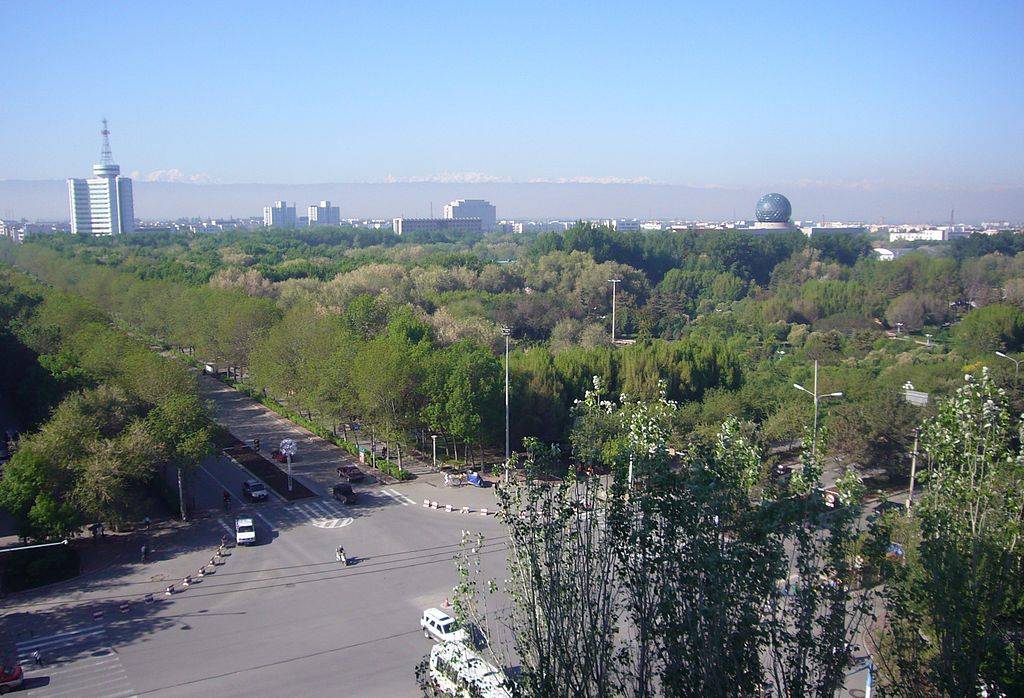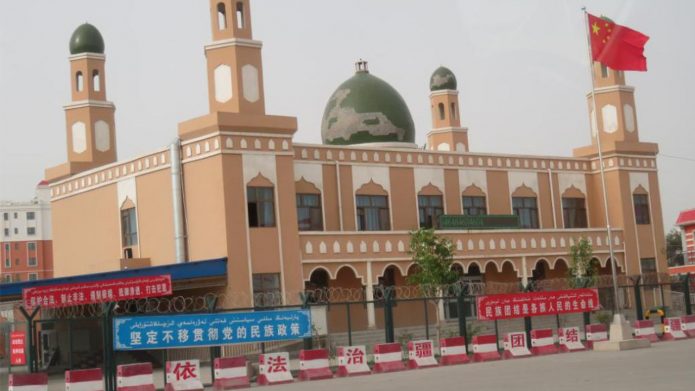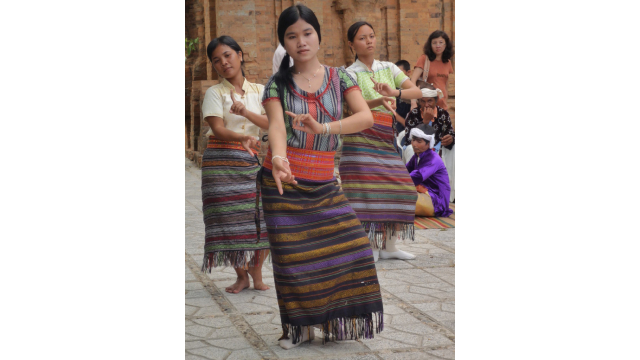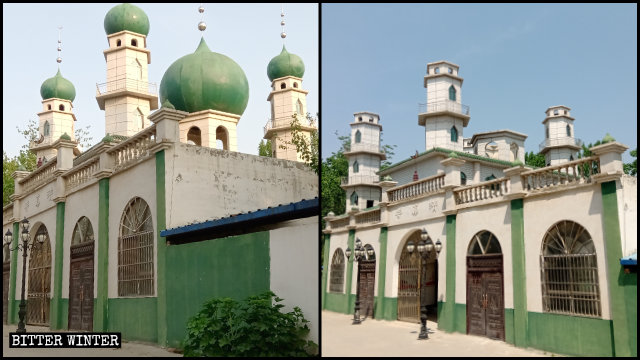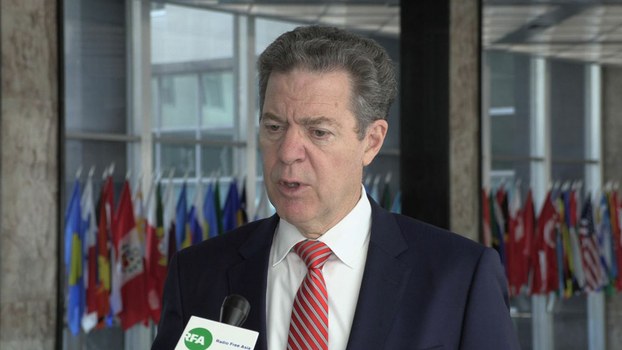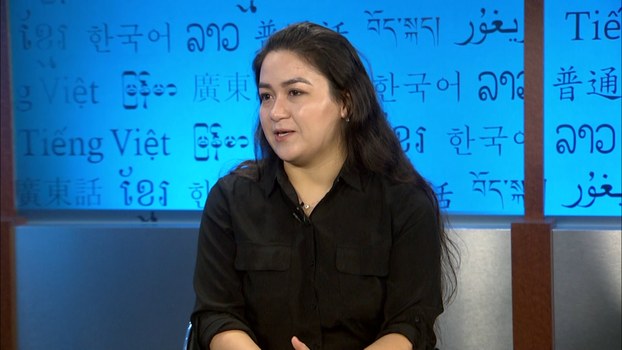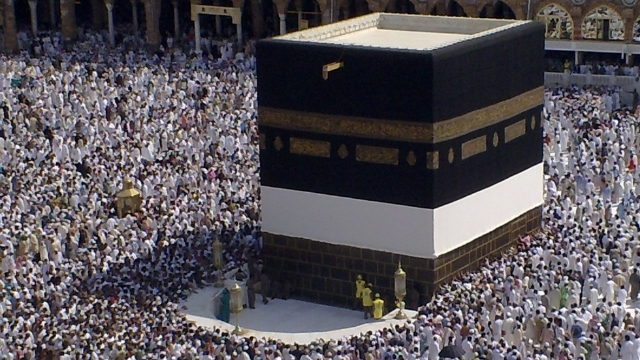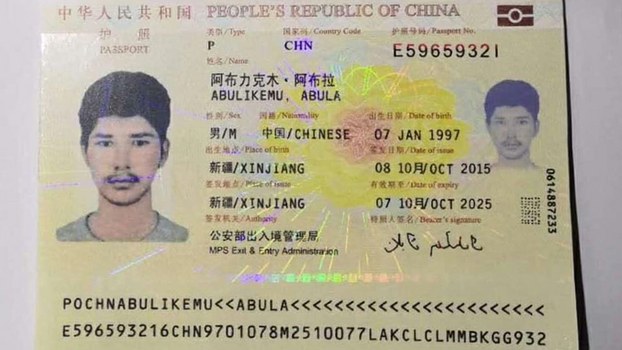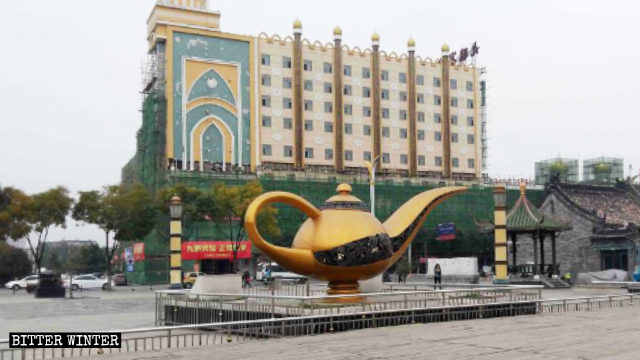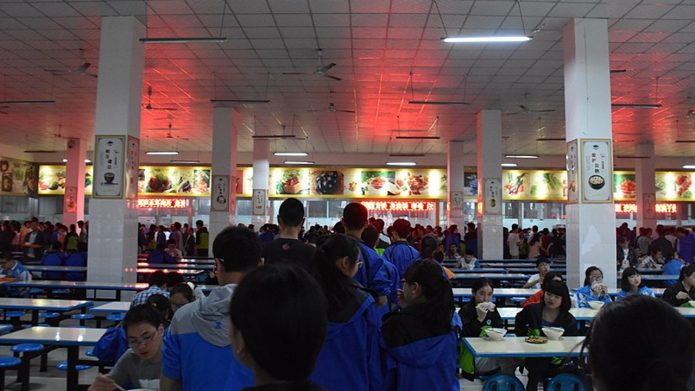Ahead of central government inspections and a significant international event, the province launched numerous campaigns against religion in 2019.
by Dai Quansheng
Last year, in preparation for the Military World Games and the central government’s religious work inspection, Hubei Province authorities intensified crackdowns on places of worship. Even indigenous folk religions that are deeply rooted in China’s rural communities and have thrived for generations were and continue to be suppressed. According to the information obtained by Bitter Winter, from August to September, more than 120 folk religion, Buddhist, and Taoist temples have been shut down in the province’s Chibi, Huanggang, and Honghu cities alone.
The folk religion Baihe Temple (literally White Crane Temple), located in Huangjiakou town under the jurisdiction of Honghu, was sealed off in March 2019. Rebuilt on the ground of an ancient temple in 2013, the temple was threatened to be demolished if its manager refused to close it down. He was forced to agree. But five months later, on August 16, local government officials and police officers, led by the town’s CCP secretary, came to demolish the temple while the manager was away, without even notifying him.
“It is like the revival of the Cultural Revolution. We watch them demolish the temple but cannot do anything,” a believer who witnessed the demolition said helplessly to Bitter Winter.
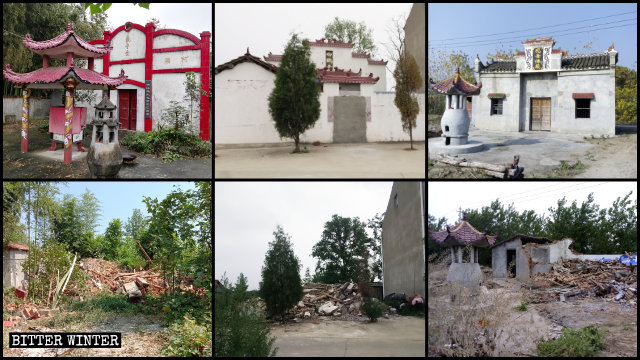
To ensure the implementation of religion suppression policies, local government officials around the country are forced to sign personal responsibility statements. Fearing consequences for their careers and implications on family members, most choose to follow the orders from their superiors. On September 6, the secretary of Xintan town in Honghu arranged an excavator to raze to the ground the Guanyin Temple – a folk religion place of worship with a history of over one century.
The same month, the Luoshan town government in Honghu ordered to level to the ground the Cha’an Temple, built with the money of local folk religion followers at the cost of nearly 1,500,000 RMB (about $ 214,000). Armed police officers were guarding the area to prevent congregation members from protesting the forced demolition. “The CCP government will be punished eventually for the grievous evil it has done,” a local believer told Bitter Winter.
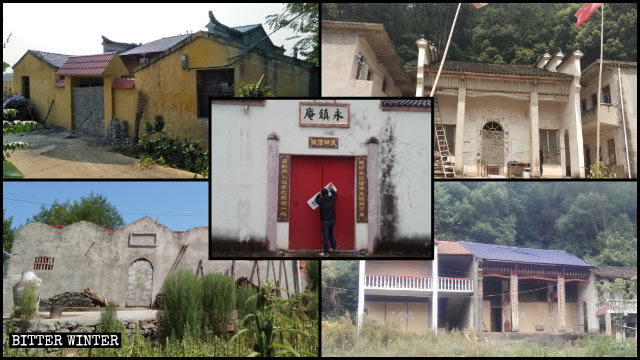
The CCP doesn’t even spare ancestral halls, which are passed down through generations, where families pay tribute and offer sacrifice to their predecessors. Regarded by the government as “feudal conventions” and “religious forces,” many of them have been shut down or eliminated entirely.
Last year, the government of Tongshan county in Xianning city converted 45 ancestral halls into CCP propaganda bases. In the neighboring Tongcheng county, 24 ancestral halls were repurposed into “cultural auditoriums.”
In September 2018, the Organization Department of Ezhou city issued a document, demanding the governments of localities under its jurisdiction to investigate the city’s ancestral halls and other places of worship as part of the special campaign to “clean up gang crime and eliminate evil forces.” As a result, at least 35 ancestral halls have been forcibly occupied and repurposed for Party propaganda bases.
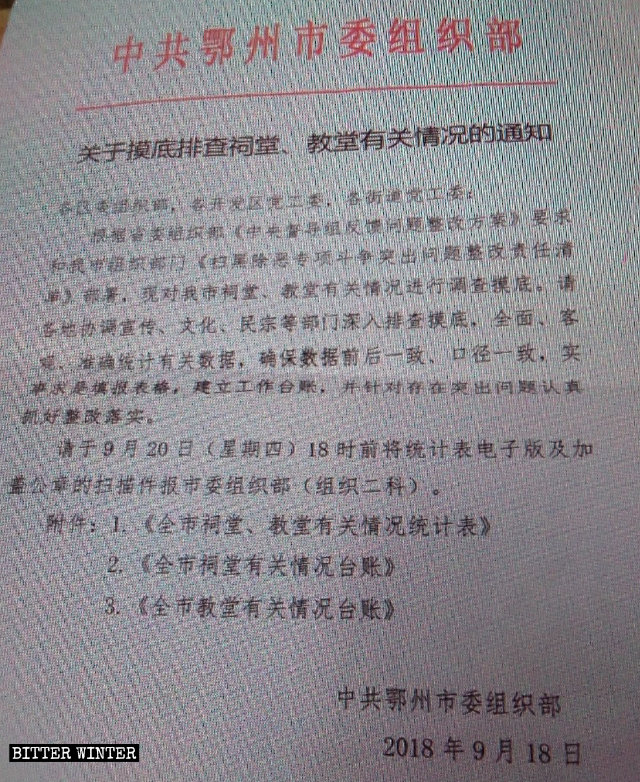
Quite often, any organization that the CCP deems a threat to its regime is designated as an “evil force.” And for them, the most effective way to purge this threat is to eliminate all entities that may unite together.
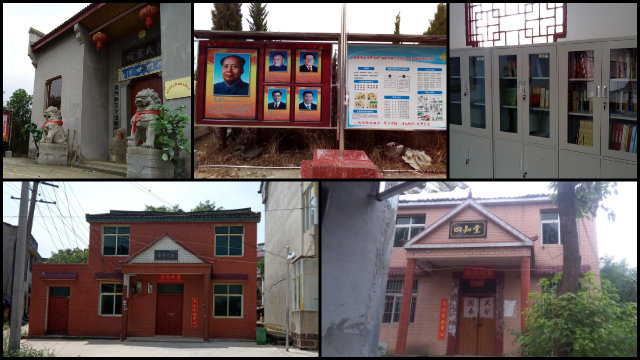
Source: Bitter Winter



